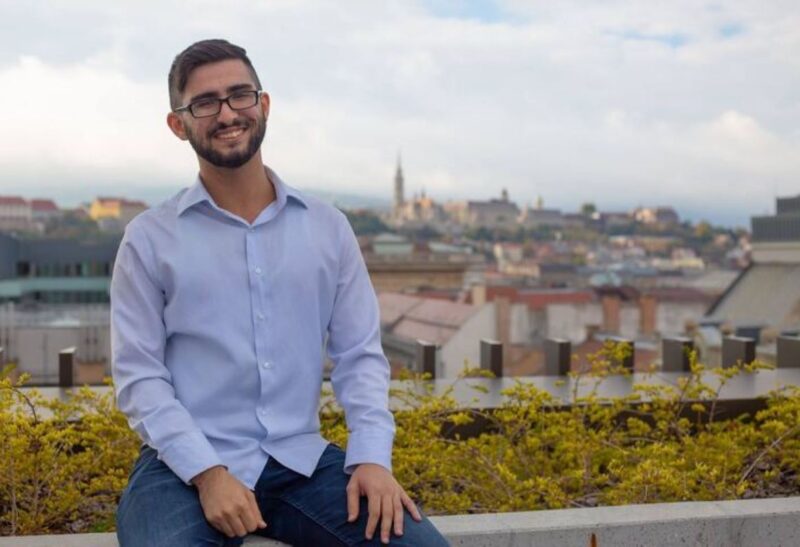The State Oil Fund of Azerbaijan (SOFAZ) has been scrutinized for its recent $100 million investment in the United Arab Emirates (UAE) education sector. This investment was directed towards GEMS Education, an international educational company known for its extensive network of private schools.
Founded 1959 in the UAE, GEMS Education boasts the world’s largest network of private educational institutions, catering to over 170,000 students from 176 countries. The company operates schools across the Middle East, North Africa, Asia, Europe, and America, with more than 135,000 students attending over 40 schools in the UAE alone.
Criticism and Concerns
This investment, SOFAZ’s first direct venture in the Middle East, has been met with significant criticism, particularly regarding the allocation of resources outside of Azerbaijan. Critics argue that the Azerbaijani government should prioritize addressing the numerous challenges within its education system rather than investing abroad.
Education expert Nabatali Gulamoglu expressed strong disapproval of the investment. He told Meydan TV that the government’s focus on foreign investments suggests a disregard for the domestic education sector. “It is clear that education is not important for this state. Let me assure you, 80 percent of the 100 million dollars was ‘eaten’. Money is allocated for eating, not for education. This regime does not need an educated person,” he asserted, emphasizing the need for a robust educational framework within Azerbaijan.
Conversely, education expert Elchin Efendi sees this investment as beneficial for Azerbaijan. He mentioned to Meydan TV that such investments by oil-producing countries are common and can provide new opportunities for Azerbaijan. He highlighted that the global network of students in such educational institutions contributes to the countries’ future production.
Student Reactions
Several Azerbaijani students studying abroad have also voiced their dissatisfaction. Vasif Maharramli, a student at Friedrich Schiller University of Jena in Germany, criticized the government’s priorities. He pointed out that while Azerbaijan’s education system remains outdated and underfunded, significant resources are being directed towards a private institution in one of the wealthiest regions in the world. “I was very disappointed that $100 million was allocated to some private university, and there was no reaction to it in our society,” Maharramli said. He highlighted the stark contrast between the state-of-the-art facilities in Germany and the lack of modern resources in Azerbaijani universities.
Another student, Lala Asadova, shared her struggles with balancing work and study due to financial constraints. She suggested that the Azerbaijani government should provide more financial support to students studying abroad, rather than investing in foreign educational enterprises. “It would be good if the government of Azerbaijan would prepare a more appropriate program for all students studying abroad,” she said, advocating for direct support to Azerbaijani students.
The SOFAZ investment has sparked debate on the priorities and strategies of the Azerbaijani government. Critics argue that while seeking stable returns through international investments may be financially prudent, it overlooks the pressing needs of the domestic education sector. This investment decision raises questions about the government’s commitment to improving educational standards and ensuring that Azerbaijani students receive the support and resources they need to compete globally.



